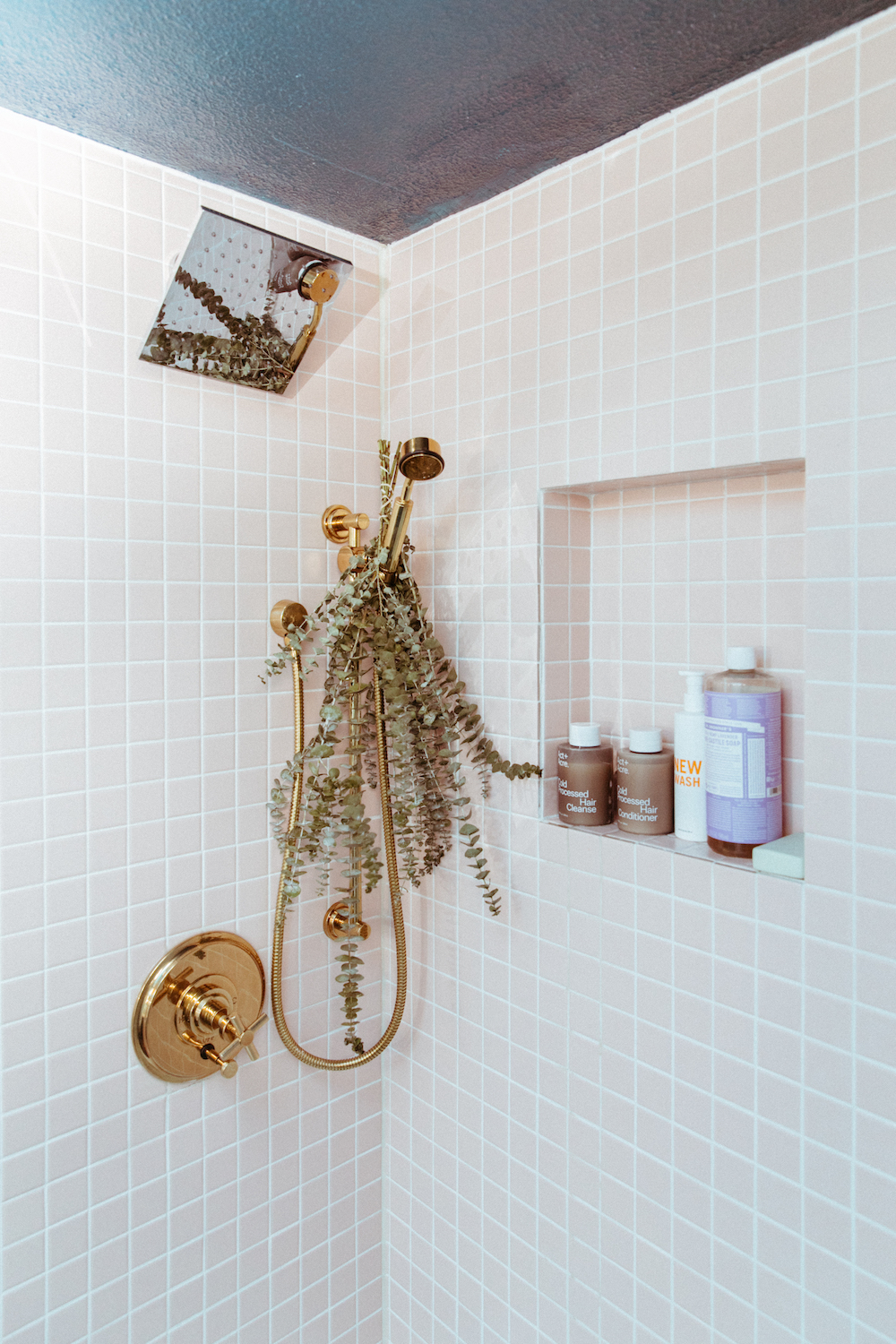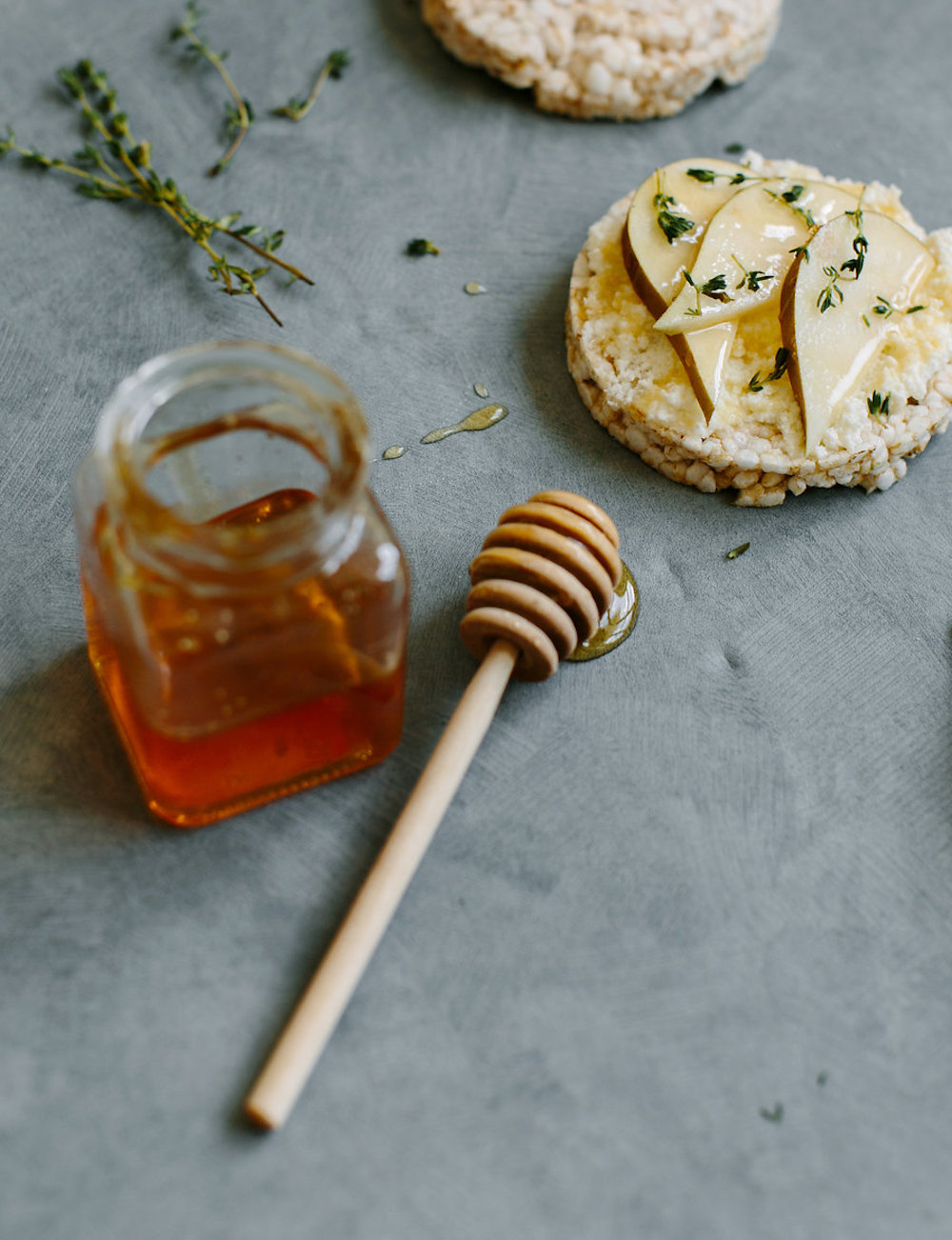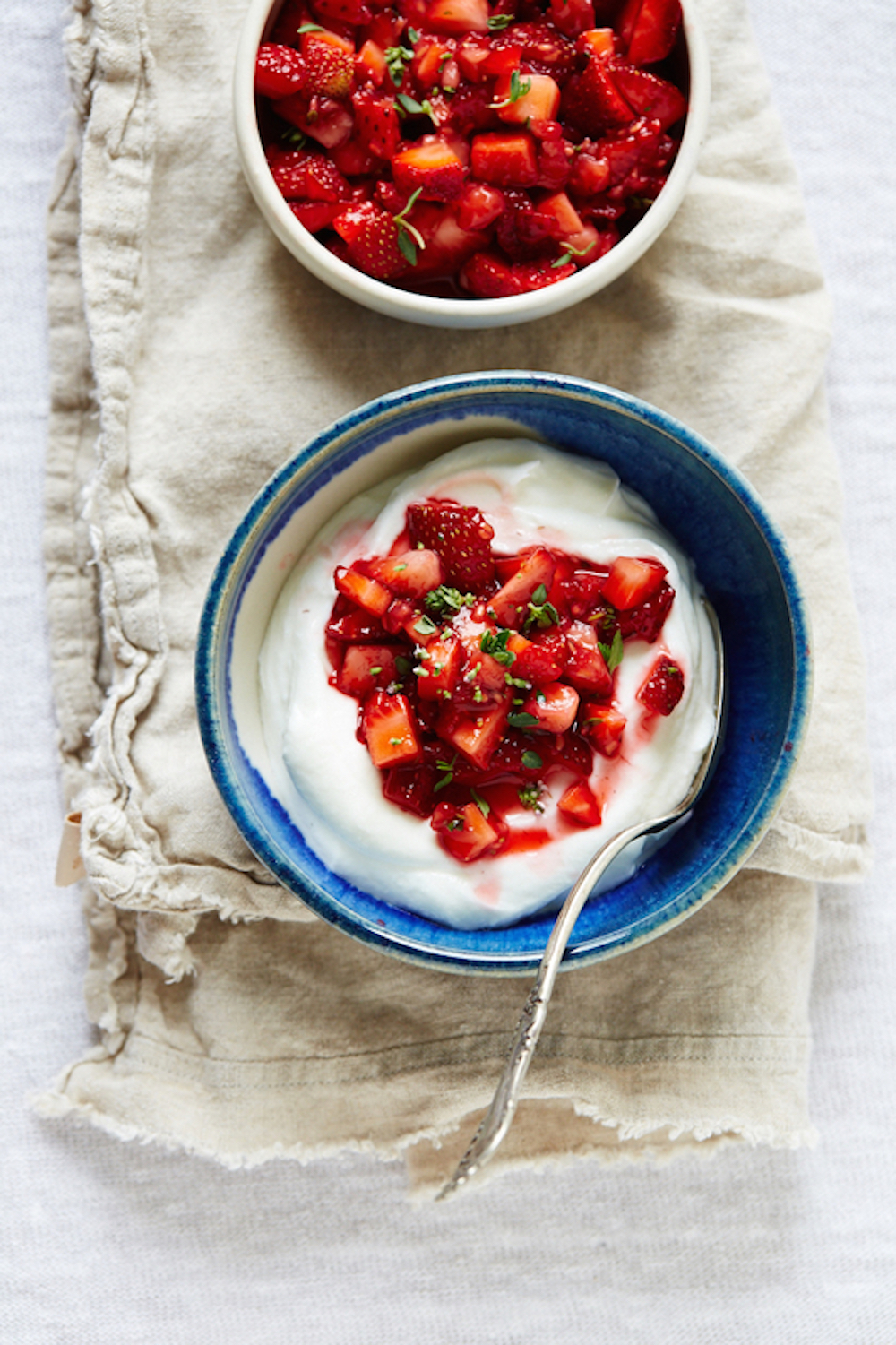I love trees. I was heartbroken last year when the huge oak tree in our front yard was uprooted by a crazy spring storm. We were on vacation that weekend, and returned home to a gaping hole in the ground where that big oak once stood and provided friendly shade against the Texas heat. I slowly realized, however, that with the tree gone, so were the bucketloads of pollen that covered my car every morning. And accompanied sneezes. And itchiness. And watering eyes as I sat in the yard trying to enjoy the spring weather and read my book. I love trees, but I hate seasonal allergies.
Apparently, more than 50 million Americans battle with allergies every year. Springtime, despite all its beauty, is an especially terrible time for allergies here in Austin. I know I’m not the only one who, at the first sign of a cough, runs to the drugstore for antihistamines. But after awhile, I wondered what those meds and their side effects would do to my health long-term, and if I could try battling pollen the natural way.
Now that natural remedies are becoming more mainstream and accessible, it turns out there are some ways we can rely on mother nature herself to beat allergy symptoms.
We tapped Dr. Neeta Ogden, an allergy, asthma and immunology specialist, and rounded up a few popular natural remedies that have eased symptoms for many. As always, you should do what’s best for your own body, and Dr. Ogden reminds us that “it’s important to keep in my mind what other medical conditions you might have and the interactions or side effects any therapy might have as well.” If you’re struggling with allergies, hopefully some of these tips that have worked for others will work for you too.
Regular sinus cleansing
Other than making sure you’re breathing in clean air at home, cleansing your system regularly helps clear out some of the allergy-related stuffiness. You can use a tool like a neti pot with a saline solution, diluted apple cider vinegar, or salt water to gently rinse your sinuses and clear unwanted congestion.
Exercise
Surprisingly, exercise has shown to be an effective method of soothing allergy symptoms. In general, many people turn to exercise when they’re not feeling their best. But it turns out, exposing yourself to the outdoors regularly and working up a sweat can constrict the blood vessels in your nose and help with congestion. Keep in mind that on days where the pollen count is really high, it may be wise to opt for the gym instead.

Natural Herbs and Supplements
There are a number of herbs that can help ease allergy symptoms. Dr. Ogden says “I have found several natural remedies that stand out for my patients and have been shown in some medical studies to be quite effective, showing similar effects to over the counter allergy medicine. These include nettle, butterbur, quercetin and spirulina.” These herbs can be used on their own in teas or cooking, but they’re also conveniently available in pill form in this new supplement from Hilma.
Our friends there are also offering a 10% discount to our readers w/ the code CAMILLE10.
Eat Local Honey
Here’s a natural remedy I can especially get down with. Word on the street is that eating local honey can expose your body to small doses of local pollen that may help you build up a tolerance to the pollen in your area over time. Try adding a dose of local honey to your tea, oatmeal, smoothie or snack!
Shower Often
Dr. Ogden says you should be educated on what you are allergic to and shower often. She advises us to “keep track of local pollen counts, keep your windows closed, and change and shower once you are home for the day and definitely before bed.” Many of us have experienced that itchy feeling from our skin directly coming into contact with allergens. Making a note to shower more often is one of the most practical ways to rid your body of the various irritants you’ve encountered throughout the day.
Essential Oils
There are many essential oils that are known to help fight inflammation and reduce allergy symptoms. Eucalyptus, lemongrass, lavender, chamomile and peppermint are a few that have been used to help clear sinus congestion. Try diffusing any of these oils or adding them to your tea to reap the anti-inflammatory benefits.
Probiotics
Probiotics are known to help boost your immune system and studies have shown that they may even help regulate your body’s response to allergens. Try taking a probiotic supplement or eating probiotic rich foods like yogurt, kefir or kimchi to help curb your symptoms and boost immunity.











